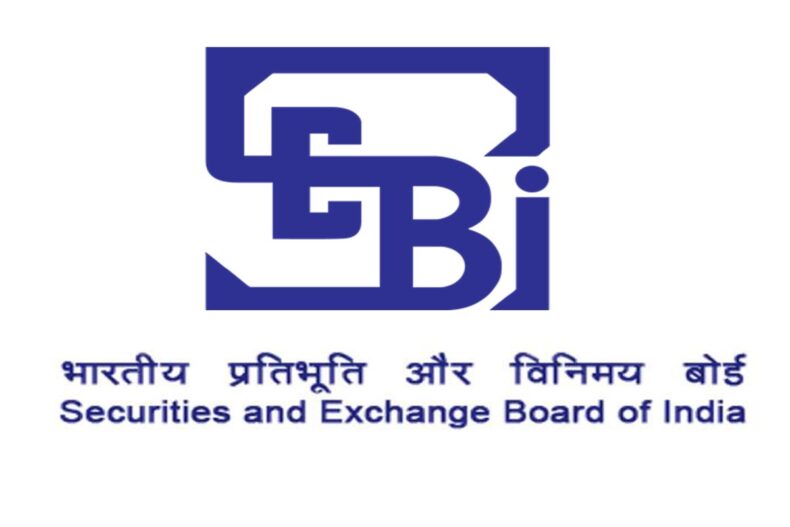Every stock market worldwide has a watchdog that keeps a tight check on market activity to guarantee that the frivolous activities of other participants influence no participant’s interests. The Securities and Exchange Board of India (SEBI) was established in India to ensure that market activities are free and fair. The idea of “merit-based control” over the pricing of public offers was replaced by the philosophy of “full and fair disclosure” with the formation of SEBI as an arm of the Government of India on April 12, 1988.

In recent times, there has been mushrooming of Foreign Portfolio Investors in India. By definition, Foreign portfolio investment (FPI) is the ownership of securities and other financial assets in another country by investors. It does not provide the investor direct ownership of a company’s assets and is very liquid depending on market volatility. FPI, like foreign direct investment (FDI), is a popular approach to investing in a foreign economy. Most economies rely substantially on FDI and FPI for financing.
Market Today
The market regulator SEBI has decided to tighten disclosure rules for foreign portfolio investors. In addition, the watchdog has strengthened disclosure requirements for a group of “high-risk” offshore funds entering domestic markets. What such investors expect out of this is that they will be required to submit more granular information on ownership, economic interest, and control, while overseas funds with substantial assets in Indian equity markets will be required to reveal their investors to meet specified criteria and conditions.
Certain investors, however, are excluded. Examples are government-owned funds and linked investors, sovereign wealth funds, pension funds, public retail funds, certain listed exchange-traded funds, corporate companies, and verified pooled investment vehicles funds and linked investors. However, these investors must achieve specific requirements before being exempted.
“FPIs holding more than fifty (50) per cent of their equity Asset Under Management (AUM) in a single corporate group or ones that hold more than Rs 25,000 crore in the Indian markets would be required to furnish such details.”
stated by SEBI
According to SEBI Chairperson Madhabi Puri Buch, these criteria were set based on feedback from up to thirty-five (35) significant players. Buch further stated that these standards had been in the works for about eighteen (18) months, but it took time since they needed permission from the Finance Ministry on the PMLA (Prevention of Money Laundering Act) guidelines.
According to SEBI Whole Time Member Anantha Narayan G, the new FPI standards will take effect in three months for existing investors and six months for entrants.
Conclusion
In conclusion, SEBI, the market regulator, has announced tighter disclosure rules for foreign portfolio investors and strengthened disclosure requirements for high-risk offshore funds entering domestic markets. The new rules aim to enhance transparency and accountability.

This current move showcases SEBI’s goal of increasing trust in Indian securities markets by requiring more intricate disclosures about FPIs that have either concentrated single group exposures or considerable overall holdings in their India equities investment portfolio. The regulator wants to ensure that there is no opportunistic takeover of Indian companies.













